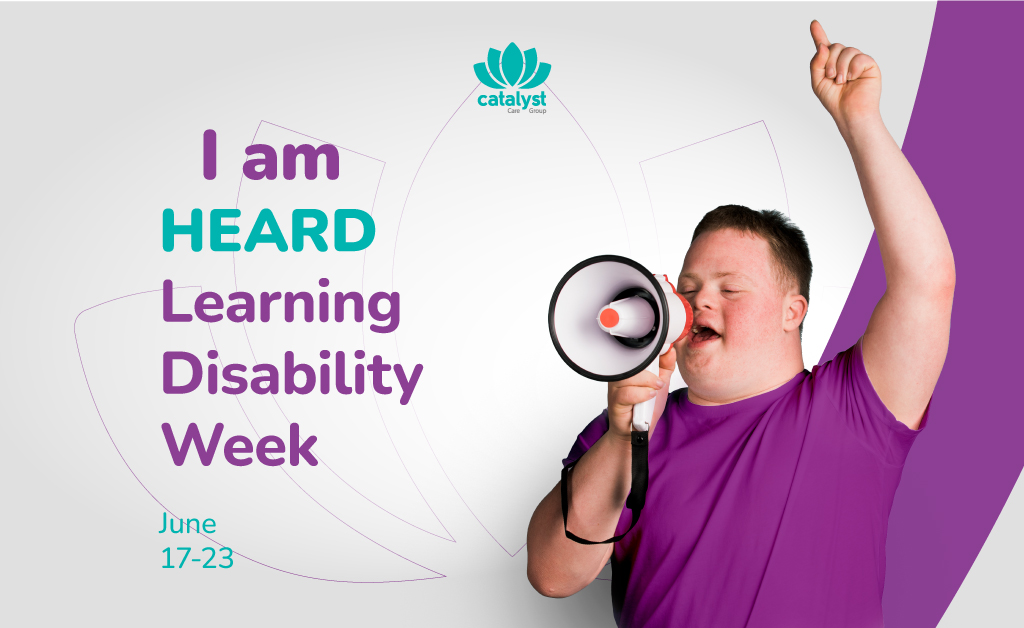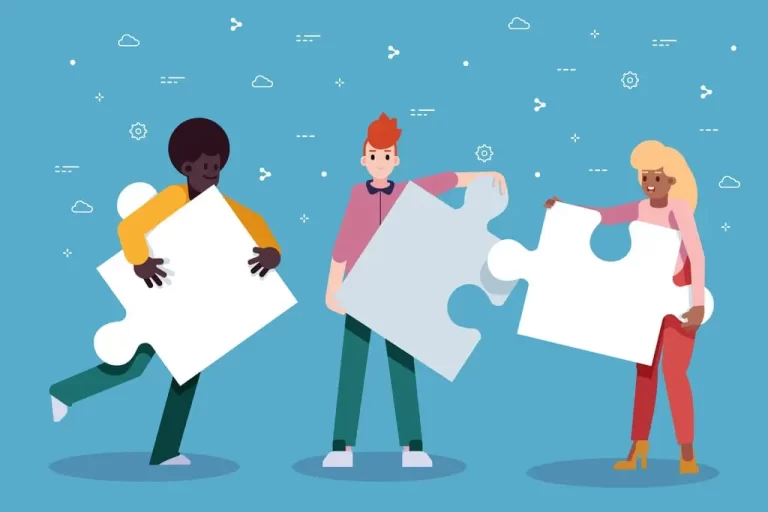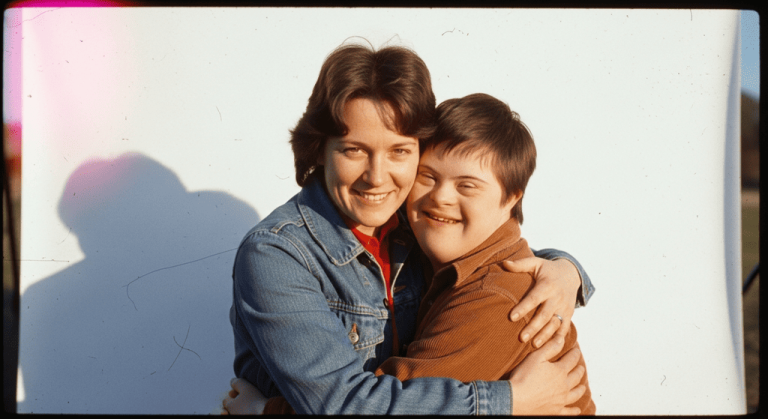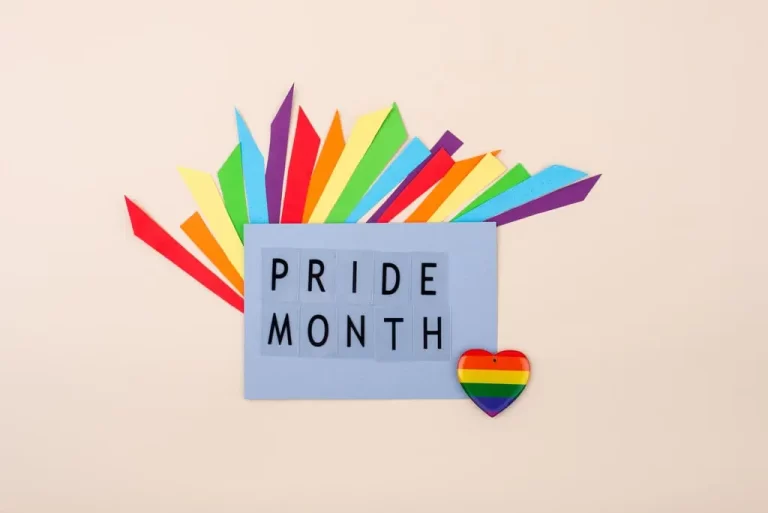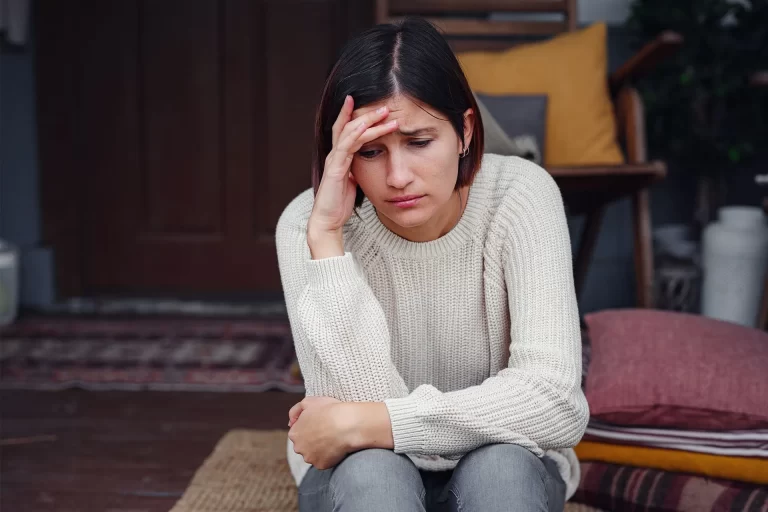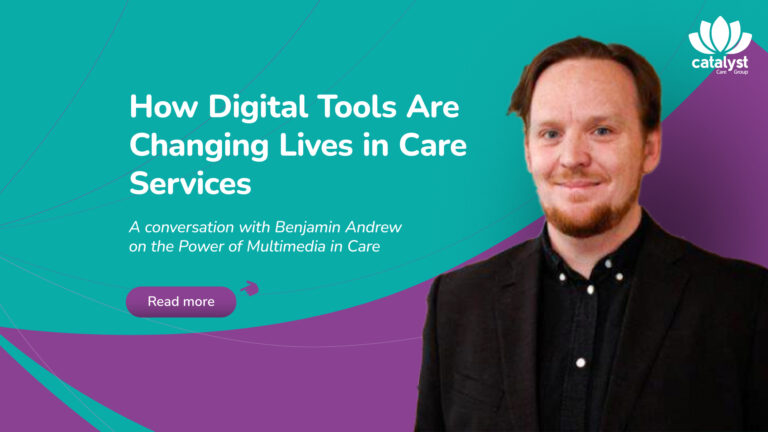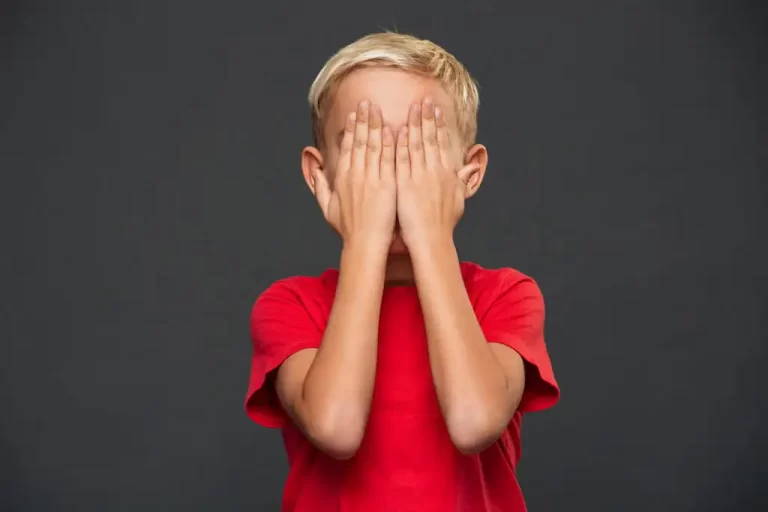In a world where communication is essential for connection, people with learning disability frequently face challenges in getting their voices heard. “Do You Hear Me?” highlights the common feeling of being unheard that many people with an disability experience and calls for a shift in perspective to truly see and hear their voices.
In a world where communication is essential for connection, people with learning disability frequently face challenges in getting their voices heard.
“Do You Hear Me?” highlights the common feeling of being unheard that many people with an disability experience and calls for a shift in perspective to truly see and hear their voices.
The Struggle to Be Heard
Many people with a learning disability face barriers to effective communication on a daily basis.
Whether it’s difficulties with verbal expression, challenges in processing information, or social stigmas, the result is the same: a feeling of invisibility and frustration.
The Impact of Feeling Unheard
Feeling unheard can have profound effects on self-esteem and mental well-being. It can lead to feelings of isolation, anxiety, and even depression. People with lived experience often struggle to navigate a world that fails to accommodate their unique needs, and its impact is substantial.
As a society, we must change our perspectives and actively work to hear the voices of people with a learning disability. This begins with recognising and acknowledging the barriers people face. It means listening with empathy and understanding rather than neglecting their lived experiences.
Shifting Perspectives: Listening with Empathy
The key to shifting perspectives lies in truly hearing people with a learning disability and actively listening and validating their experiences. It requires a willingness to set aside preconceived notions and biases and, instead, to approach each interaction with empathy and an open mind. It’s about acknowledging that communication comes in many forms and everyone’s voice deserves to be heard.
Empowering Voices: Providing Support and Resources
Communication isn’t just about speaking; it’s about listening, understanding, and connecting with others on a deeper level. It’s about recognising every person’s inherent worth and dignity, regardless of their abilities or challenges. By embracing inclusivity and diversity in communication, we can create a world where everyone’s voice is valued and respected.
Changing perspectives involves recognising the inherent value of diverse communication methods, whether through Makaton, Talking Mats, or face-to-face interactions. It’s about understanding that each person with a learning disability is unique, and may face different challenges that require accommodation and support. By embracing neurodiversity and creating inclusive environments, we create space for all voices to be heard and respected.
Celebrating Diversity in Communication
“Do You Hear Me?” is a call to action—a reminder that true communication transcends words alone. It’s about seeing beyond the surface to the person beneath and recognising the natural diversity of human experience. By embracing a culture of listening and understanding, we can create a world where everyone’s voice is valued and has the power to make a difference.
